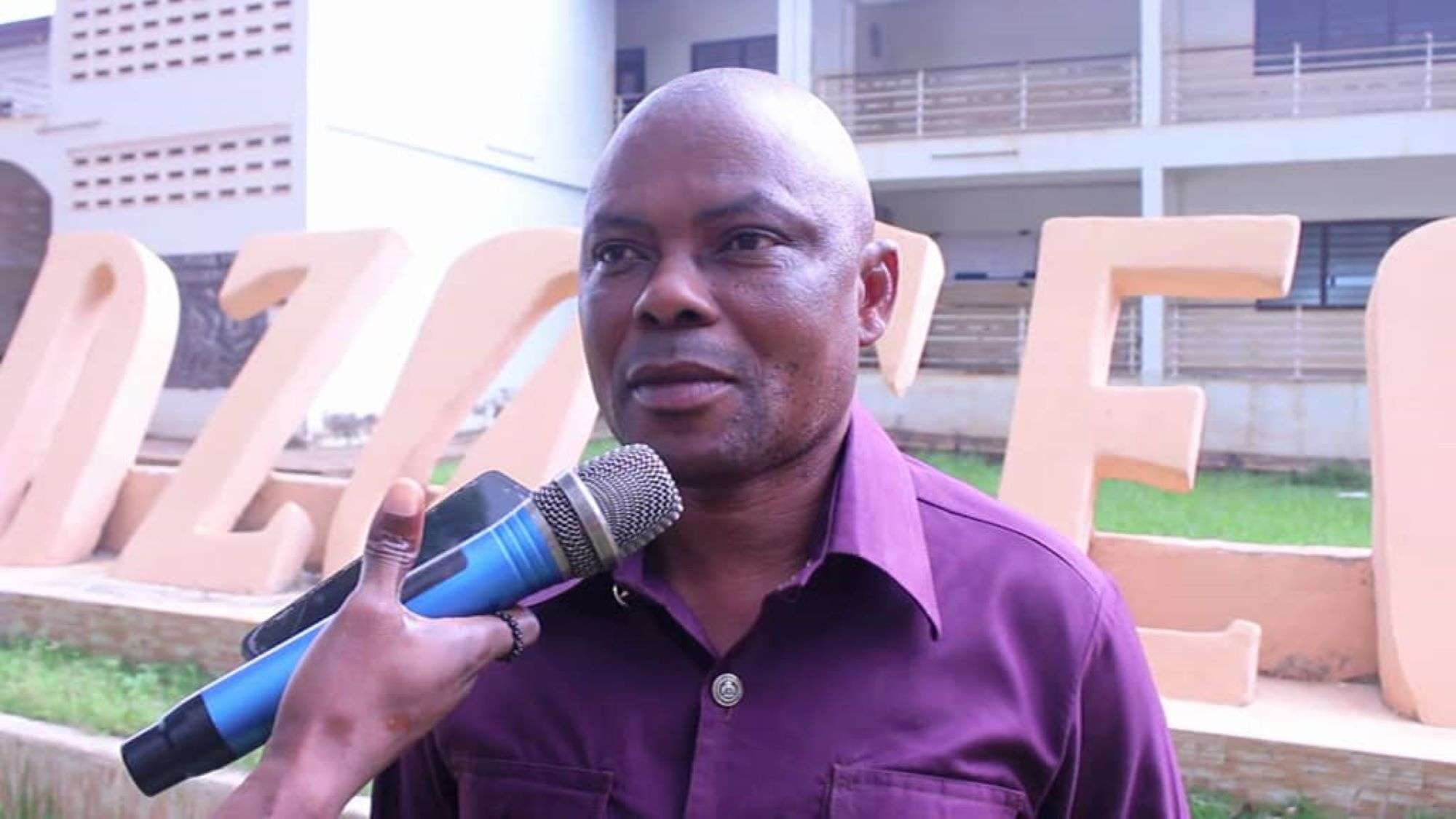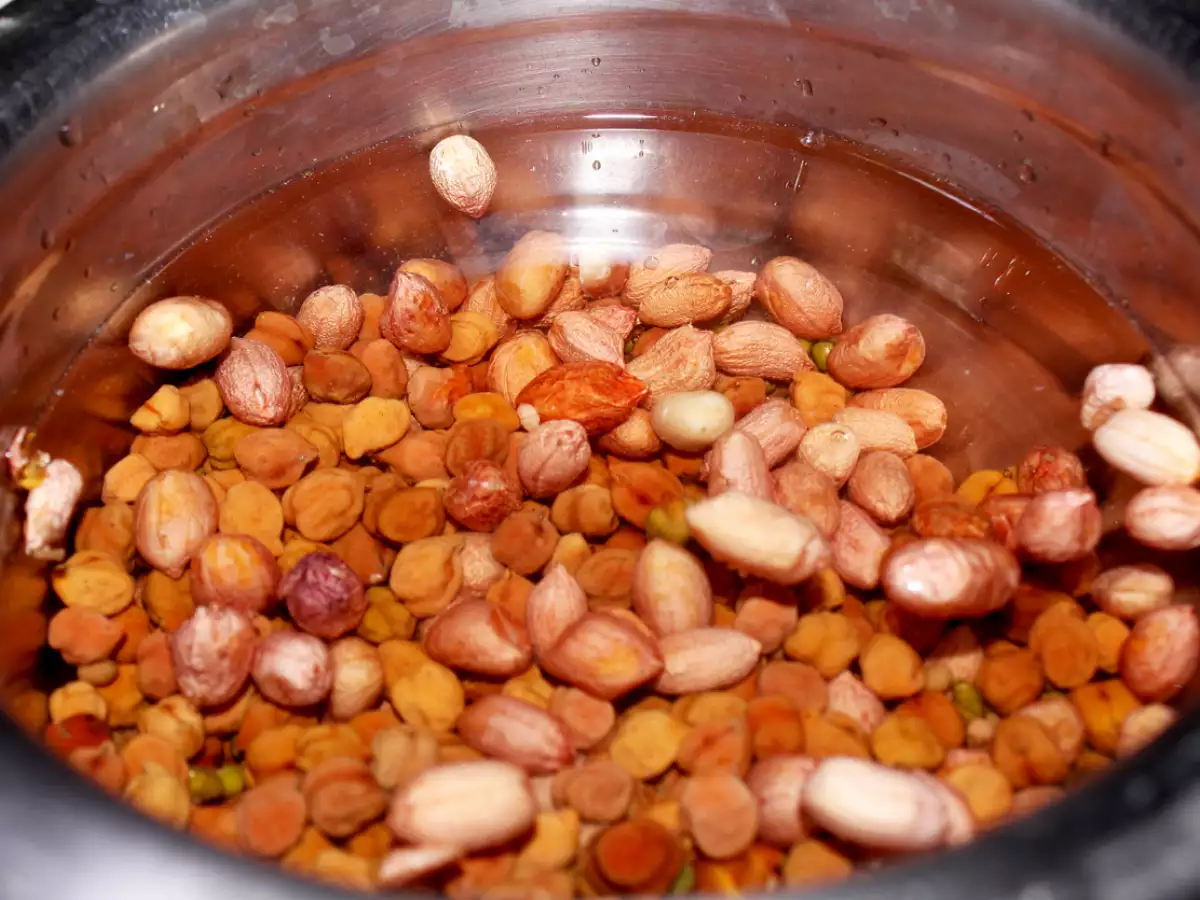The Savannah Women Integrated Development Agency (SWIDA-GH), a nongovernmental organization into women empowerment last Thursday (29 April, 2021) organized a day’s regional engagement conference for women in small scale farming and opportunities available in agribusiness in the northern region.
The forum brought together stakeholders in the agricultural value-chain to discuss women access to information and participation in COVID-19 response initiatives, women understanding of the agricultural value-chain and how to operate with it, access to agricultural inputs from government of Ghana programs and final the best agricultural practices to prevent shocks and be resilient to shocks.
Madam Dennice Amponsah, the Tamale Metro Women in Agricultural Development Officer at the Department of Agriculture, highlighted on the opportunities available through the introduction of the flagship Planting for Food and Jobs, Rearing for Food and Jobs and the Planting for Export and Rural Development among other policy initiatives by the government to transform the agricultural sector.
However, Madam Dennice in an interview with THE CUSTODIAN refuted assertions that the inputs are inaccessible particularly to women and assured there are no barriers for any interested farmer to benefit.
She revealed to THE CUSTODIAN that about 40 percent of the inputs at the department of Agric are reserved for women farmers and therefore urged them to take full advantage of it to boost their farming business for economic gains and freedom.
However, she said it is unfortunate that some of these women feel adamant and deterred to come in for the inputs and blame it on either lack of resources or they are being discouraged by other people.
She further disclosed cashew seedlings are in abundance at the department under the Planting for Export and Rural Development (PERD) initiative and underscored the lucrative cashew business opportunities available in the international market.
Nevertheless, as a result of the unreliable weather condition, the participants were advised to adequately and timely apply their agrochemicals to avoid the impact of climate change on their farms.
Mr. Eliasu Ibrahim, a senior member of Wunpini Agrochemicals in Tamale said most farmers fail to apply their agrochemicals at the right quantity and right time, stating they either apply it too late or too early because they don’t have requisite knowledge for the right application.
He therefore implored farmers to seek more information about the chemicals they use on their farms and the calibration or quantity per knapsack, warning the abuse of chemicals has an adverse impact on the farmland.
For her part, the SWIDA-GH Executive Director, Hajia Alima Sagito-Saeed said the idea for the conference was to assess the impact of COVID-19 on women particularly those in agriculture practices and the access to agricultural inputs along the value-chain in the midst of COVID-19.

In view of this, Hajia Alima Sagito measures must be taken to resuscitate the livelihood of these women into productive activities after COVID-19.
She further called on the government to consider policy options and stimulus packages for women moving into this year’s farming season.
She added the government must also give women special subsidy under the pro-poor policy interventions, arguing the actual impact of COVID-19 has been on women who in her view have lost their servings.
Meanwhile, Madam Awulatu Yussif, a farmer from the Nanumba North municipality said hitherto lack of information affected their agricultural activities and they were also shortchanged by others.
However, she indicated the workshop has created an opportunity for them to network with other stakeholders in the value-chain and they have also learnt so much from the resources persons.
Meanwhile, the regional engagement with the women farmers and key stakeholders was funded by SEND GHANA AGREE Activity under the grants for CSOs/PSAs in agriculture platform for members to conduct social accountability and advocacy.









